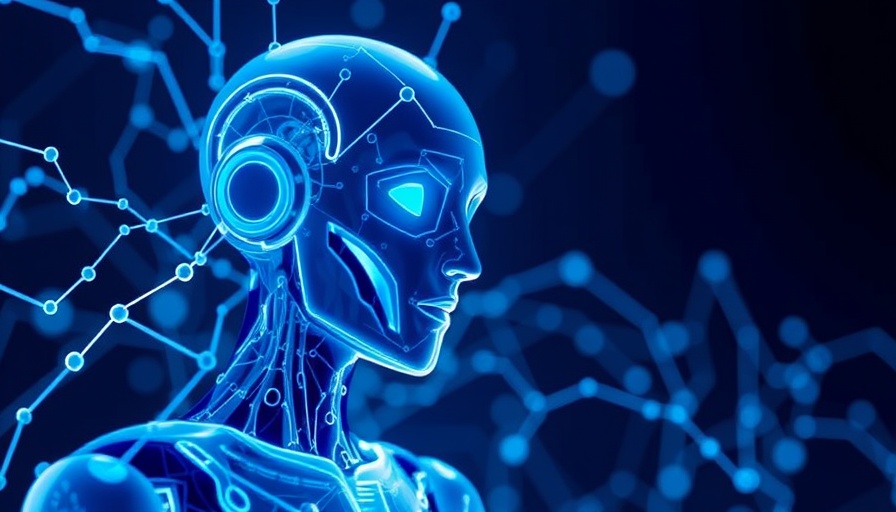
Embracing the Future: AI's Collaborations with Human Expertise
As we enter a new era of technology, the collaboration between human intelligence and artificial intelligence (AI) is becoming more crucial than ever. In August 2025, a series of insights highlighted some remarkable dynamics of this partnership, particularly in the fields of drug development and hiring processes. Innovative uses of AI are not just streamlining existing practices; they are revolutionizing how we think about healthcare and employment.
Transforming Drug Development with Generative AI
The introduction of generative AI in pharmaceuticals signifies a monumental shift in how new treatments are researched and developed. A team of researchers at MIT demonstrated how AI can dramatically shorten the timeline for developing novel antibiotics, which can otherwise take decades. Their findings revealed that AI was able to sift through an astounding 36 million chemical compounds, predicting which would be the most effective and safe for treating resistant strains of infections, such as MRSA. This marks a significant advancement in combating antibiotic resistance—a pressing global health crisis.
The Dual Side of AI in Hiring Practices
On the other hand, as companies increasingly turn to AI for hiring, they must tread carefully. Research shows that AI hiring tools can unintentionally replicate the biases that exist in human decision-making processes. A recent study found concerning patterns in salary recommendations based on gender and race. For instance, AI recommended significantly lower salaries for women compared to men with identical qualifications. This raises important questions about the ethics of integrating AI into hiring practices—highlighting the need for active human oversight to ensure fairness and equity.
AI as an Amplifier of Human Capability
What these insights emphasize is the potential of AI to not only complement but also enhance human efforts across various sectors. In the healthcare industry, AI can manage repetitive tasks, allowing researchers and practitioners to devote their time to innovation and patient care. Likewise, with HR departments, while AI can assist in streamlining processes, it also requires human diligence to navigate the ethical complexities involved.
Conclusion: A Balanced Approach to AI Integration
As we continue to explore the capabilities of AI, figuring out how to best integrate this technology with human expertise will be essential. Keeping human partners at the forefront of AI initiatives ensures that we not only benefit from technological advances but also uphold the values of equity and innovation in our workplaces.
 Add Row
Add Row  Add
Add 




Write A Comment